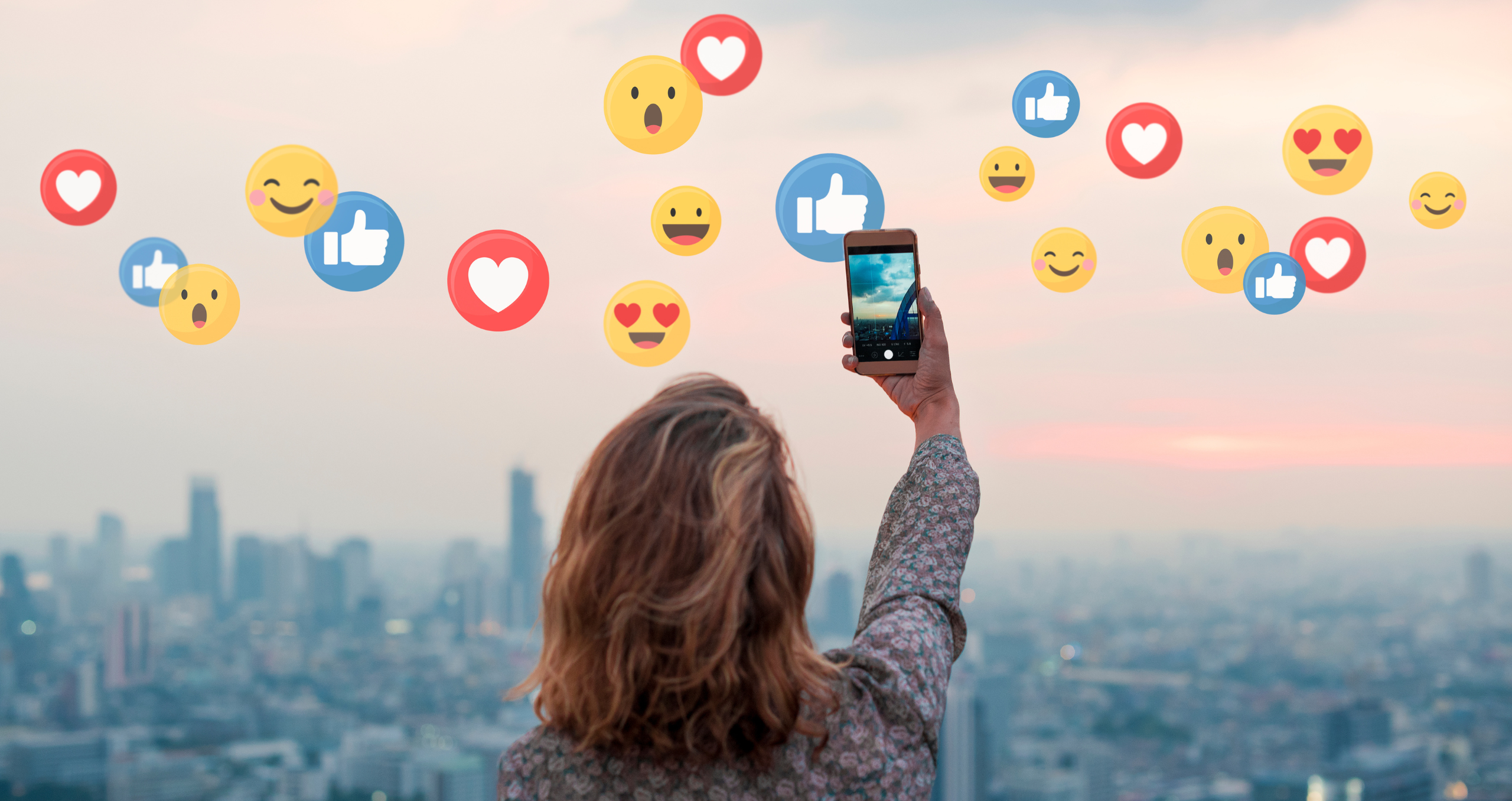In the digital age, influencer marketing has become a powerful tool for promoting a wide variety of products and services. One of the sectors that has experienced a significant impact is the tourism industry. Influencers, with their ever-growing followers and their ability to generate authentic and engaging content, have become valuable allies for these types of businesses.
One of the main benefits of influencer marketing is their ability to reach a global audience. Influencers have followers from around the world, allowing tourism companies to promote destinations, hotels, restaurants and activities internationally. This global exposure can attract tourists from different countries and cultures, which increases visitor flow and ultimately revenue.
In addition, they often have a genuine connection with their followers, based on trust and authenticity. When an influencer shares their personal experience of a tourist destination or accommodation, their followers tend to perceive that recommendation as more credible than traditional advertising. The trust that followers have on influencers translates into a greater willingness to try the promoted experiences, which benefits tourism businesses.
Another benefit is that influencer marketing allows tourism companies to reach highly segmented audiences, as influencers have followers who share specific interests. By collaborating with influencers whose audiences align with their offerings, tourism companies can effectively reach their target market and increase the likelihood of conversion.
Content is critical in tourism promotion, as it allows potential travellers to visualise the experiences they can enjoy. Influencers are experts at creating visually striking content, and by collaborating with them, tourism companies can leverage this high-quality content for their own marketing, filling their digital platforms with inspiring images and videos that appeal to travellers. In this aspect, I would highlight Instagram, a social network that has its strong point in the generation of audiovisual content in attractive and current formats such as reels, stories or IGTV.
All of this translates into an increase in the interaction and participation of its followers. Surveys, contests and challenges launched can involve the audience in an active and emotional way, creating a stronger bond with the tourism brand. This interaction increases the visibility of the company and can generate shared enthusiasm for the experience it offers.
On top of this, it is marketing that offers the possibility to measure results accurately and effectively. Tourism businesses can track metrics such as reach, engagement, conversions and return on investment (ROI) to assess the effectiveness of their campaigns. This allows them to adjust strategies in real time and optimise return on investment.
In short, influencer marketing has proven to be an effective strategy to benefit the travel industry. From reaching global audiences to generating authenticity, interaction and high-quality content, influencers bring a number of advantages that drive the success of tourism businesses in the digital age. By harnessing this powerful tool, tourism businesses can increase their visibility, attract new visitors and stay competitive in an increasingly competitive marketplace.







